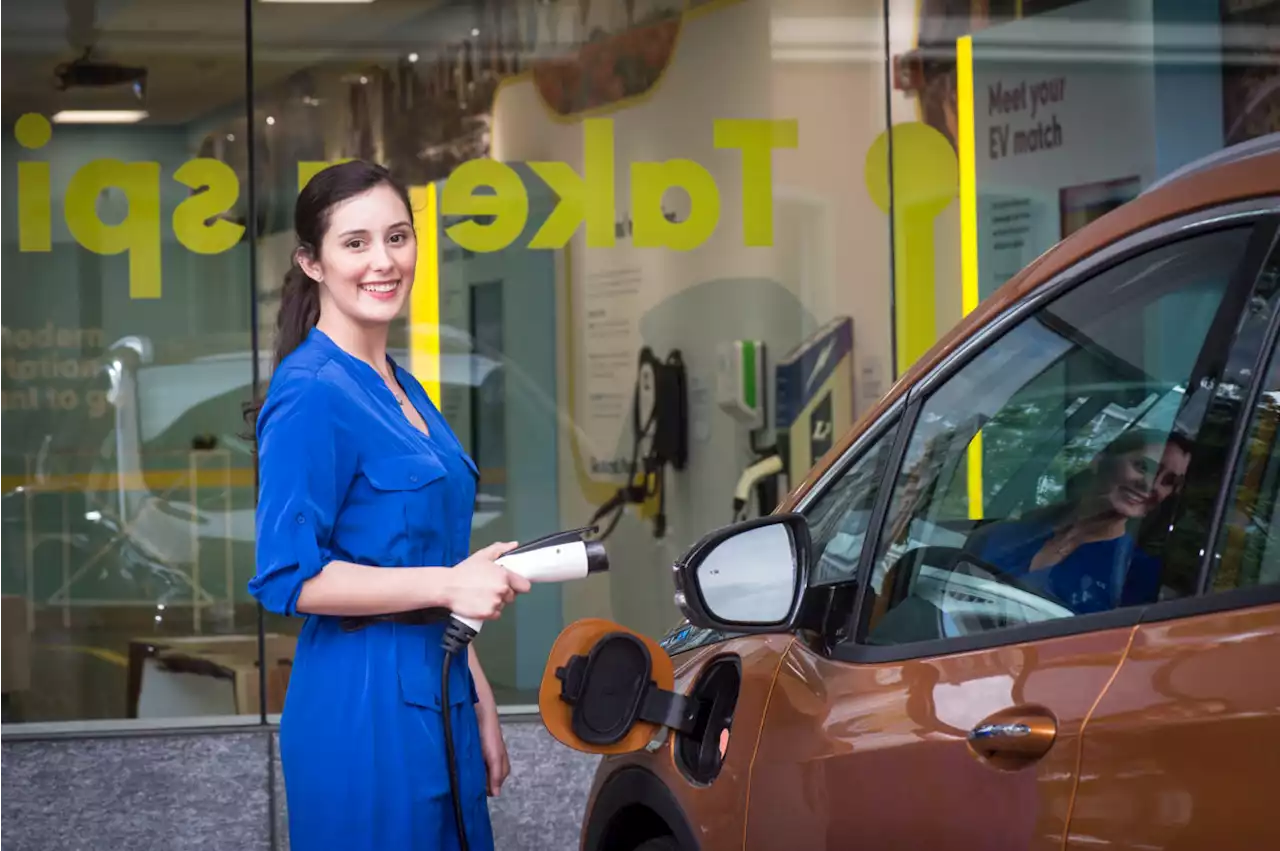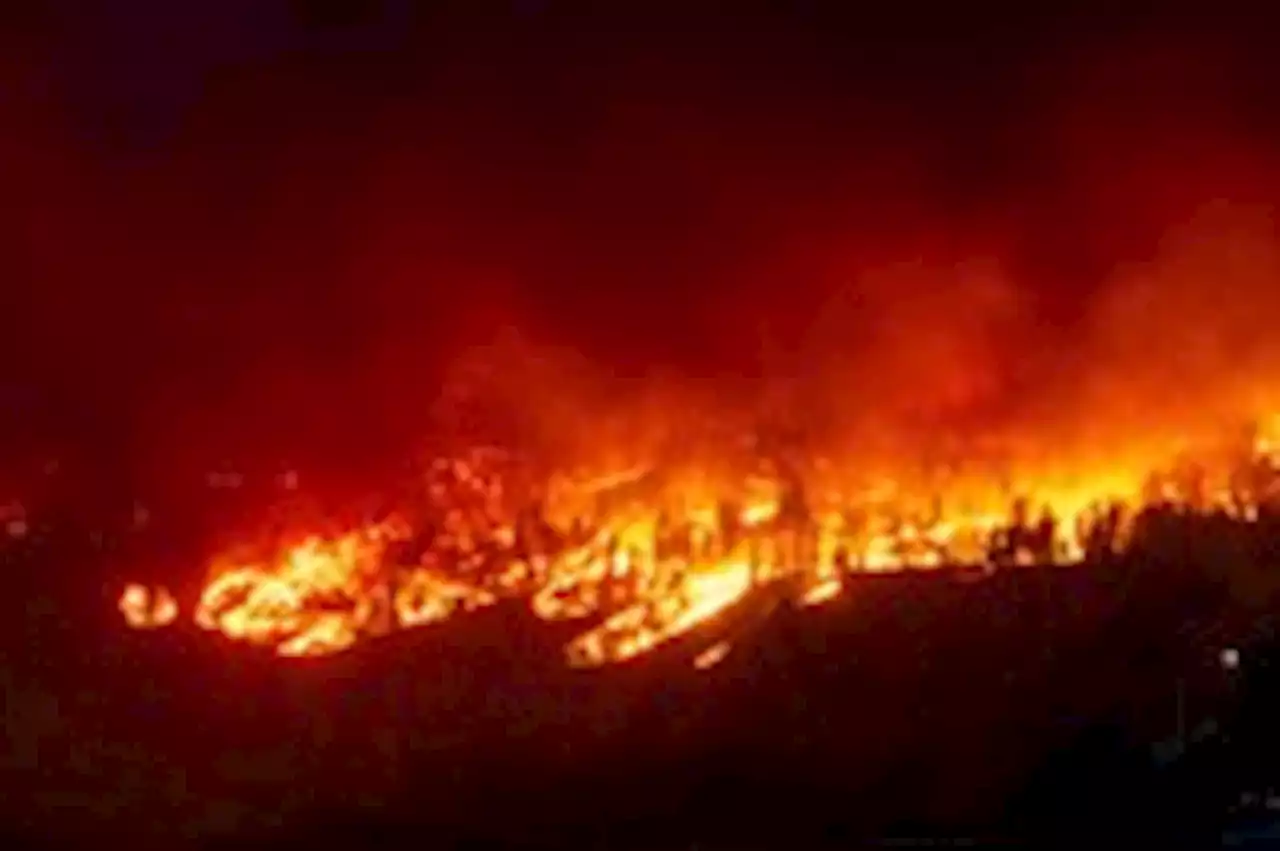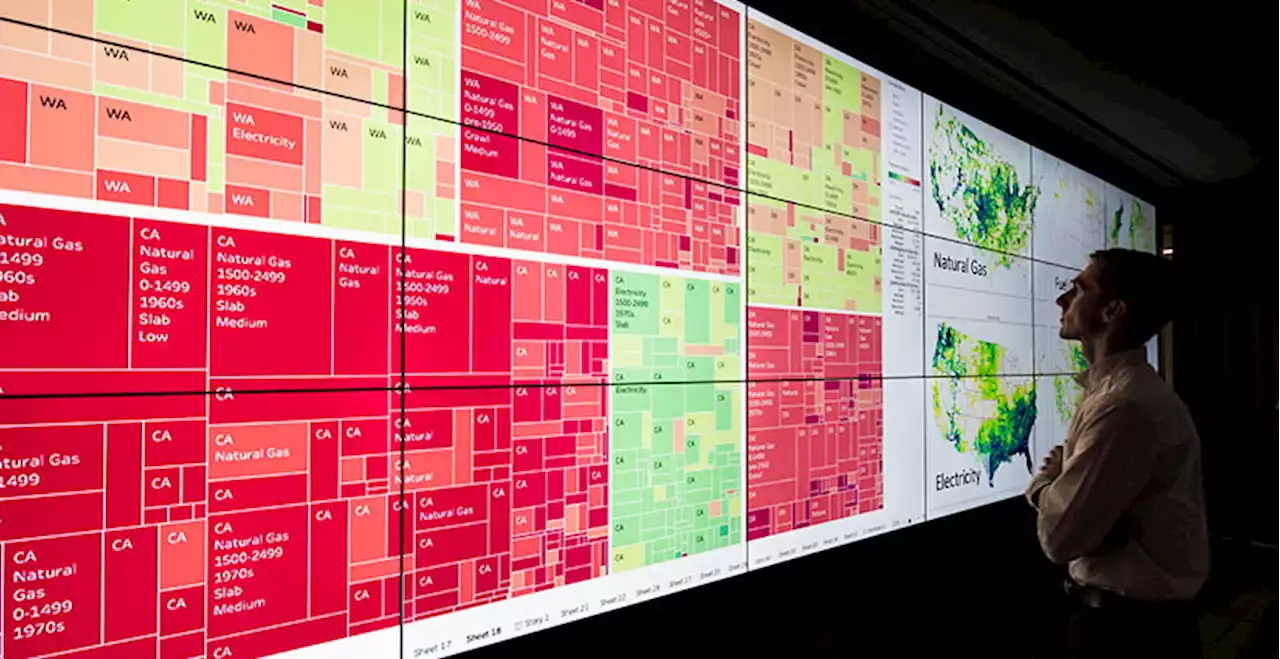Researchers at the NREL have created a new, meticulously researched data set that details how buildings do -- and could -- use energy.
, including 75% of all electricity use and 35% of the nation’s carbon emissions. Although today’s decarbonization efforts often focus on renewable electricity or electric vehicles, decarbonizing the building stock is also essential.
Crucially, the data set provides credible answers to some of the questions and unknowns surrounding building decarbonization. Although awareness of the importance of buildings in decarbonization is growing, entities involved in updating existing buildings often do not have the information they need to make informed decisions. And if stakeholders cannot find credible answers to their questions, they often conclude that the only safe option is to do nothing.
“On the commercial side, we had to go through a painstaking process of trying to map the meter data to buildings, and there were many technical steps involved in that,” said Andrew Parker, a researcher in NREL’s Commercial Buildings Research Group and a key member of the project. NREL partnered with 42 organizations to gain access to building and energy usage data for specific building types, like schools. This allowed the team to further refine building characteristics and load profiles.
“Previously, the entities that could benefit from this data had to use simplified approaches, or data that was old, limited, or from another location,” Present said. “Our data may not be perfect, but it is useful—it is so much better than what most people had available.
Anthony Fryer, director of energy conservation and optimization for the Minnesota Department of Commerce, said, “These data have the potential to enable Minnesota utilities to target electrification initiatives to the end uses most likely to benefit from these services. They also enable Minnesota to better estimate projected savings and benefits of such measures, which will enhance future programs.
“If you’re a city or a utility and you’re making decisions, you don’t care about the national energy consumption—you only care about the part of the country that you’re in, or have jurisdiction over,” Parker said. “And as renewables and other time-varying resources come on to the grid more and more, when you use energy also matters.”
United States Latest News, United States Headlines
Similar News:You can also read news stories similar to this one that we have collected from other news sources.
 Researchers reveal the venomous secrets of European snakesNot only in the tropics do snake bites lead to dangerous envenoming—bites from European venomous snakes can also cause severe physical damage. But their venom also contains active substances that could be used against bacterial pathogens in the future.
Researchers reveal the venomous secrets of European snakesNot only in the tropics do snake bites lead to dangerous envenoming—bites from European venomous snakes can also cause severe physical damage. But their venom also contains active substances that could be used against bacterial pathogens in the future.
Read more »
 NREL & Joby Aviation Partnership Spotlights Green Ride-Hailing Flight ServicesLife Cycle Assessment and Blockchain Research at NREL Boosts Sustainability and Decarbonization Efforts for Burgeoning Electric Vertical Take-Off and Landing Aircraft Industry
NREL & Joby Aviation Partnership Spotlights Green Ride-Hailing Flight ServicesLife Cycle Assessment and Blockchain Research at NREL Boosts Sustainability and Decarbonization Efforts for Burgeoning Electric Vertical Take-Off and Landing Aircraft Industry
Read more »
 NREL Supports Efforts To Solve Drivers' EV Charging Experience ChallengesNREL will primarily lead the effort to find solutions for how to triage EV charging reliability
NREL Supports Efforts To Solve Drivers' EV Charging Experience ChallengesNREL will primarily lead the effort to find solutions for how to triage EV charging reliability
Read more »
 San Diego State researchers receive NASA funding to create 'space guacamole'SDSU's researchers hope the algae recipe can be used to cook a wide variety of tastier, space-friendly meals.
San Diego State researchers receive NASA funding to create 'space guacamole'SDSU's researchers hope the algae recipe can be used to cook a wide variety of tastier, space-friendly meals.
Read more »
 This is Canada’s worst wildfire season on record, researchers sayThis year’s fires have tripled the record high for carbon emissions from previous Canadian wildfire seasons and have burned the highest-ever land area in the country, researchers said.
This is Canada’s worst wildfire season on record, researchers sayThis year’s fires have tripled the record high for carbon emissions from previous Canadian wildfire seasons and have burned the highest-ever land area in the country, researchers said.
Read more »
 UCLA researchers studying efforts to ban Critical Race Theory from schoolsThe CRT Forward Tracking Project at UCLA's School of Law studies efforts to ban Critical Race Theory by government agencies around the country.
UCLA researchers studying efforts to ban Critical Race Theory from schoolsThe CRT Forward Tracking Project at UCLA's School of Law studies efforts to ban Critical Race Theory by government agencies around the country.
Read more »
